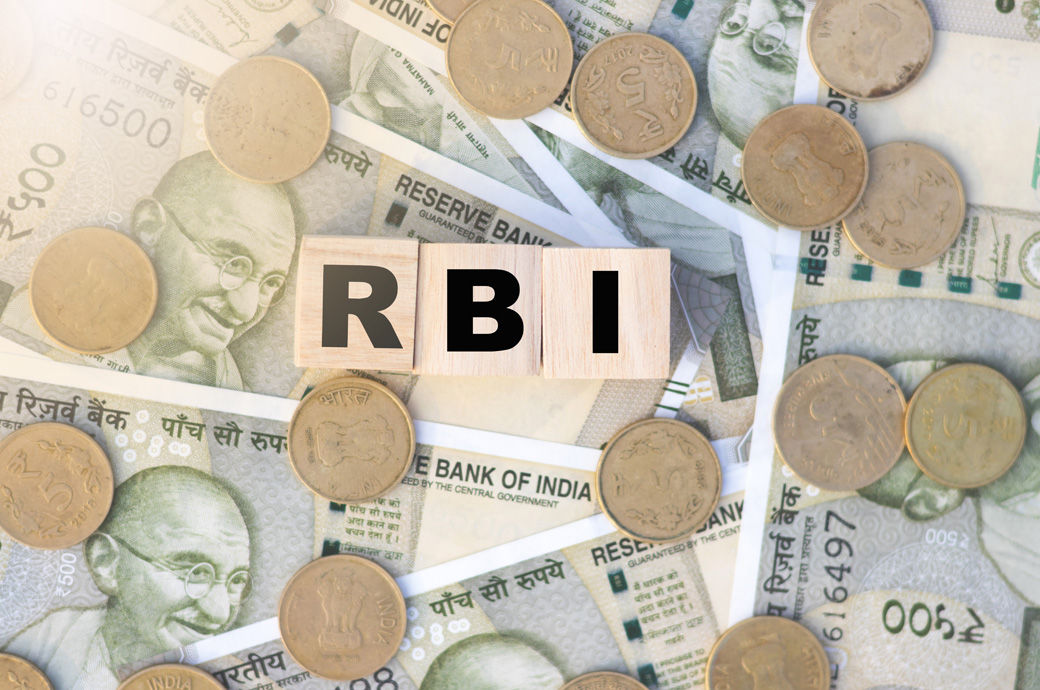
The report also cautioned that following a rise in retail inflation in October, rising prices, if unchecked, would undermine prospects of the real economy. The uptick in core inflation is a ‘worry’, it noted.
The level of the Indian rupee (INR) is ultimately determined by market forces of demand and supply, which, in turn, reflect the underlying macroeconomic fundamentals of the Indian economy. And, interventions in the forex market smooth undue volatility so that the market clears in an orderly manner, the central bank noted.
RBI argued that its interventions are aimed at ensuring that the market is liquid and deep, and functioning in an orderly manner. As a result, volatility of the INR has been steadily declining, which has had beneficial effects in terms of anchoring financial stability.
While world merchandise exports saw a compound annual average growth rate (CAGR) of 4 per cent between fiscal 2018-19 (FY19) and FY24, India’s merchandise exports posted a higher CAGR of 5.8 per cent, RBI observed.
India’s focus in export effort is shifting towards expanding market share on the basis of improvements in quality and cutting edge technology without the need for artificial props like from an undervalued exchange rate, it emphasised.
The RBI Bulletin for November sounded optimistic on growth and said private consumption was back to being the driver of domestic demand and promising rabi crop prospects augured well for farm income and rural demand.
The 6.21-per cent inflation figure in October remained above RBI’s tolerance zone. Termed a “sticker shock” by the report, it reinforced the central bank’s warnings against complacency following sub-target inflation outcomes in July and August.
“What is worrying is that apart from the sharp surge in the momentum of food prices, core inflation has edged up,” the report, authored by RBI staffers, including deputy governor Michael Debabrata Patra, said.
“Inflation is already biting into urban consumption demand and corporates’ earnings and capex. If allowed to run unchecked, it can undermine the prospects of the real economy, especially industry and exports,” the report cautioned.
Fibre2Fashion News Desk (DS)